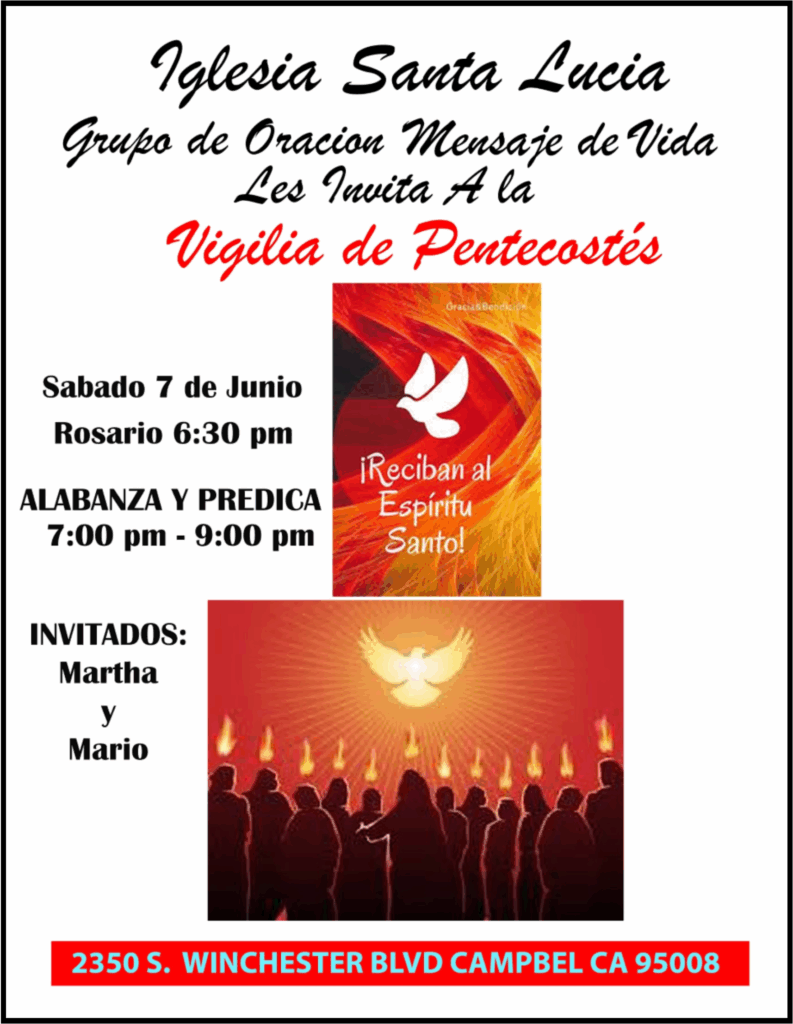- Home
- About Us
- Mass Schedule
- Faith Formation
- Ministries
- Christian Singles Fellowship
- Choirs
- Comite Hispano
- Ministry to the Sick and Homebound
- Filipino and Friends
- Technology Committee
- Knights of Columbus
- Ushers, Greeters, Servidores
- Liturgical Environment
- Liturgy – Eucharistic Ministers
- Liturgy – Lectors & Commentators
- SVdP/Outreach
- Pastoral Council
- Prayer Shawl Ministry
- Scripture Studies
- Social Justice
- Stewardship
- Young Adults
- Publications
- Sacraments
- Parish Events
From the Parish Office
The Challenge of Learning
Nearly 30 years ago, I had the privilege of studying at St. Joseph Seminary in Mountain View. The faculty was primarily composed of Sulpician priests, many of whom had taught at St. Mary’s Seminary in Baltimore. Among them was one particularly demanding professor—an expert in classical Greek philosophy, especially Plato—who taught a course on human nature and its foundations in Western
philosophy.
Though he never said it directly, it was clear he wasn’t especially fond of California. He maintained a strict and formal classroom atmosphere, expecting the same formality from his students. Brilliant and rigorous, he quickly became known as one of the most challenging professors on campus.
Writing was the primary method of assessment in his class. He graded papers with precision, and more often than not, his feedback was disheartening. Only a select few students managed to capture the philosophical depth he expected.
(Continue reading in bulletin)
El Desafío del Aprendizaje
Hace casi 30 años, tuve el privilegio de estudiar en el Seminario de San José en Mountain View.
El profesorado estaba compuesto principalmente por sacerdotes sulpicianos, muchos de los cuales
habían enseñado en el Seminario de Santa María en Baltimore. Entre ellos había un profesor particularmente exigente, experto en filosofía griega clásica, especialmente Platón, que impartía un curso
sobre la naturaleza humana y sus fundamentos en la filosofía occidental.
Aunque nunca lo dijo directamente, era evidente que no sentía una gran simpatía por California. Mantenía un ambiente de clase estricto y formal, esperando la misma formalidad de sus alumnos. Brillante y riguroso, rápidamente se convirtió en uno de los profesores más exigentes del campus.
La escritura era el principal método de evaluación en su clase. Calificaba los trabajos con precisión y, en la mayoría de los casos, sus comentarios eran desalentadores. Solo unos pocos estudiantes lograron captar la profundidad filosófica que él esperaba.
(Continua leyendo el Boletín de esta semana)
Live on Facebook
Mass Schedule
Daily Mass:
Mon-Sat 8:00am English Mass
Wednesday 7:00pm Spanish Mass
Saturday Vigil Mass:
5:15 pm English Mass
Sunday Masses:
7am English Mass
9am English Mass
11am English Mass & Livestream
1pm Spanish Mass & Livestream
5:30pm English Mass
7:00pm Spanish Mass
Adoration:
Every Thursday: 9:00am - 12:00pm
RECONCILIATION / Reconciliación
3:30pm to 5:00pm Saturday
Request Mass Intention(s) by clicking here
Links
CLICK HERE for this week's bulletin
Facility Calendar

I Volunteer: Online Ministry Scheduler


St. Lucy School:
Admissions office at (408) 871-8023
















